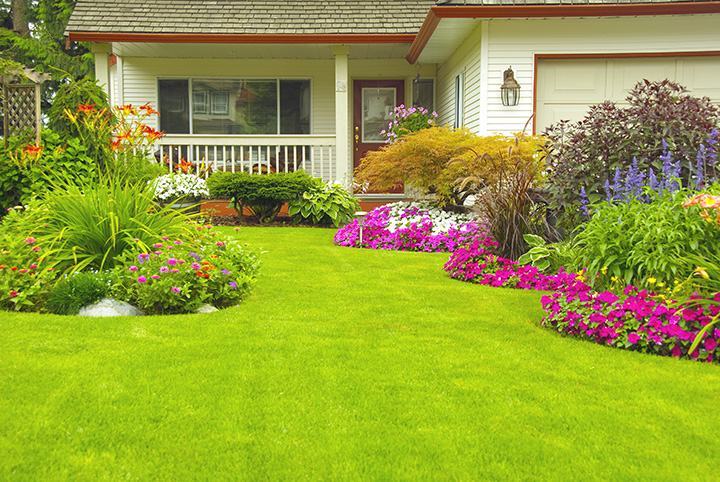Blog
10 Ways You’re Killing Your Garden & How to Fix It
A healthy, prosperous garden is what every gardener strives for. As we all know, when we fail to give our garden exactly what it needs, it can start to look a bit lackluster. Here at Garden Savvy, we believe the key to a thriving garden is eliminating common mistakes that could kill all the work you put into creating a home garden oasis.
Do you take pride in your garden but it’s just not living up to your expectations? What could you be doing wrong? Below are 10 ways you could be killing your garden, along with solutions to fix it.
10 Ways You Could Be Killing Your Garden
Overwatering or Underwatering
Plants need to be fed just like us, but we must be careful about overdoing it and underdoing it. The dilemma with watering your garden is if you overwater it, your plants will die from drowning and if you underwater it, they will die from dehydration. Don’t get overzealous! The tell-tale sign that your plants need water is in the soil. Check your soil; if it’s hard as a rock, it’s time for water.
Poor Design
Planning a garden is much more than choosing flowers or vegetables to plant, it’s also about a strategic garden layout. Your garden design should work cohesively with your property, not against it. For example, plants that need sun will not thrive in the shade, and trees planted too close to the house could potentially have to be cut down for safety. Map out a landscape design that will set up your home garden for longevity instead of planting for aesthetics.
Garden Pests
Garden pests like caterpillars, beetles, fungus and much more have the potential to wreak havoc on your prized garden. Even when maintaining an organic garden, using a pesticide to get rid of these garden pests is still possible. Use organic pesticides like rotenone, pyrethrum, nicotine, neem oil, and botanical pesticides to combat garden pests, forcing your plants to act defensively against these products of living organisms.
Weather
Pay close attention to the weather when gardening, particularly outdoor temperatures. Regardless of a flower garden or vegetable garden, certain regions of the world will be more favorable to different varieties of plants. Regionally adapted plants are the way to go, but it’s necessary to protect your plants from unpredictable weather by being prepared. In the cold winter months, cover your plants to avoid freezing and in the hot months, provide adequate watering and mulching.
Overcrowding
Another common gardening mistake is overcrowding your plants or vegetables. Give your plants the space they need to grow healthy and strong by not suffocating them with larger plants or plants that are too close in proximity. Pay attention to the height and width parameters of your fully grown plants, which will give you a good idea of how much space to leave in between. It’s better to underplant at first than to set yourself up for failure by overcrowding your garden.


